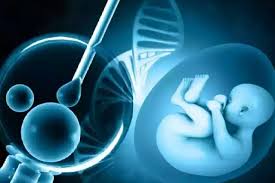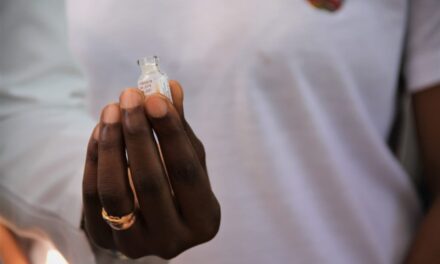A new study from Columbia University’s Vagelos College of Physicians and Surgeons has provided reassuring news for parents concerned about the effects of the COVID-19 pandemic on their children’s neurodevelopment. Researchers found that children born during the first year of the pandemic, including those exposed to COVID-19 in utero, are no more likely to screen positive for autism than children born before the pandemic. The findings were published in JAMA Network Open, making it the first study to investigate autism risk among pandemic-era children.
No Increased Autism Risk from Pandemic Exposure
“Autism risk is known to increase with virtually any kind of insult to mom during pregnancy, including infection and stress,” said Dr. Dani Dumitriu, the study’s senior author and associate professor of pediatrics and psychiatry at Columbia. “The scale of the COVID pandemic had pediatricians, researchers, and developmental scientists worried that we would see an uptick in autism rates. But reassuringly, we didn’t find any indication of such an increase in our study.”
The study did not focus on actual autism diagnoses but rather on the risk of developing autism, as measured by a widely used screening questionnaire completed by parents. “It’s too early to have definitive diagnostic numbers, but this screener is predictive, and it’s not showing that prenatal exposure to COVID or the pandemic increases the likelihood of autism,” Dumitriu added.
Study Details
The research team, under the COVID-19 Mother Baby Outcomes (COMBO) Initiative, examined nearly 2,000 children born at NewYork-Presbyterian’s Morgan Stanley Children’s Hospital and Allen Hospital between January 2018 and September 2021. Autism risk was assessed using a neurodevelopment screening questionnaire, which evaluates toddler behaviors. The scores were compared between children born before and during the pandemic, and between children with and without in utero exposure to COVID-19. All children were screened between 16 and 30 months of age.
Surprising Findings
The study found no difference in the rate of positive autism screenings between children born before the pandemic and those born during it. Surprisingly, children exposed to COVID in utero had a slightly lower rate of positive screenings compared to children whose mothers did not have COVID.
“We suspect that having COVID during pregnancy may have influenced parents’ assessment of their child’s behaviors,” said Dumitriu. “Parents who didn’t have COVID may have experienced higher stress due to the constant worry of infection, leading to more reports of concerning behaviors.”
Ongoing Monitoring for Developmental Impairments
While the results are reassuring, Dumitriu emphasized the importance of continued monitoring of these children as they grow. “As the children age, we will keep tracking their neurodevelopment for any signs of autism or other conditions,” she said. Past studies on children born during other major global crises, such as pandemics, famines, and wars, have shown that developmental and psychiatric differences can emerge in adolescence or early adulthood.
Dr. Morgan Firestein, the study’s first author, added, “We need to acknowledge the unique experience of children born during the pandemic—including parental stress and social isolation—and continue to monitor for potential developmental or psychiatric differences.”
A Glimmer of Reassurance
With many speculating about the long-term effects of the pandemic on child development, this study offers some of the first concrete data. “This study gives us the first glimmer of an answer with respect to autism risk,” Dumitriu concluded.
The study, titled “Positive M-CHAT-R Screening Rates in Pandemic-Born Children,” was supported by grants from the National Institute of Mental Health and the Eunice Kennedy Shriver National Institute of Child Health and Human Development. The research team included scientists from Columbia University and New York University.
For more information, the study is available online in JAMA Network Open.











